
FREE SHIPPING TO U.S. AND PUERTO RICO FOR ALL ORDERS $100 AND OVER!
We are unable to accept returns on any products or test kits. All sales are final.
By visiting our site, you agree to our privacy policy regarding cookies, tracking statistics, etc. Read more
FREE SHIPPING TO U.S. AND PUERTO RICO FOR ALL ORDERS $100 AND OVER!
We are unable to accept returns on any products or test kits. All sales are final.
FREE SHIPPING TO U.S. AND PUERTO RICO FOR ALL ORDERS $100 AND OVER!
We do not currently ship internationally.
Asthma is a chronic disease that affects a person’s airways, which are the tubes (bronchial tubes) that carry air in and out of the lungs. When a person is affected by asthma, the inside walls of his or her airways become sore and swollen, making them very sensitive to pollen or pollutants. When the airways react to an allergen or pollutant, they get narrower, restricting the amount of air that can reach the lungs. Once the oxygen supply to the lungs is reduced, the patient begins to experience wheezing, coughing, chest tightness and trouble breathing.
During a severe asthma attack, a person’s airways can close so tightly that vital organs are deprived of a significant amount of oxygen. If the vital organs are deprived of oxygen for too long, a person can die as result of the asthma attack.
People who suffer recurrent asthma attacks also display:
Until the 1950’s, asthma sufferers consistently failed to receive the proper treatment for this disease, because mainstream medicine believed it to be a psychosomatic illness and recommended treatments were built around this false understanding of the condition.
According the World Health Organization (WHO), more than 300 million people currently suffer from asthma, and 205 thousand people worldwide died in 2005 from asthma. The disease straddles all income groups and all population groups around the world, but for those who live in major urban centers, the problem is much more widespread. Whereas about 5% of the world’s population suffers from asthma, in some world urban centers, as much as 40% of the children in those urban centers have been documented as asthma sufferers.
Here are some additional statistics about the prevalence of asthma around the world:
Asthma is a disease that affects both children and adults, but it is much less prevalent in adult populations. Experts suggest that 54% of children will not carry the disease into adulthood. Of course, many experts suggest that the treatment itself is nothing more than maintenance of the condition and the cure comes in adulthood, when the person’s autoimmune system and lungs have fully matured.
Asthma has a relatively low fatality rate compared to other chronic diseases, but of the 255 thousand who died in 2005, 80% of those came from low to lower-middle income families.
The fundamental causes of asthma are not completely understood by medical science. The strongest risk factors for developing asthma are believed to be a combination of: genetic predisposition with environmental exposure, inhaled substances, or particles that may provoke allergic reactions or irritate the airways. Here are examples of some of the known triggers for asthma:
Even certain medications have been known to trigger asthma attacks:
Specific types of treatments for asthma are broadly classified as relievers, prevention drugs, and emergency treatment.
Fast-acting bronchodilators are frequently distributed to patients through pocket-sized, metered-dose inhalers (MDIs) or nebulizers. Nebulizers work by vaporizing a dose of medication mixed with a saline solution, into a steady stream of foggy vapor that is inhaled continuously until the full dosage is administered.
There are four major types of asthma drugs: Bronchodilators, Anti-Inflammatory drugs, Leukotriene blockers and Anti-Ige medications. Once diagnosed with asthma, physicians may prescribe one or more asthma medications to relieve asthma symptoms and control asthma over the long-term. Here is a list of common pharmaceutical drugs that are prescribed to treat this condition:
It has been estimated that 50% of all asthma sufferers utilize alternative medical treatments and natural remedies to address this condition.
While not a comprehensive list, we are going to address some of the most common treatments for asthma here.
In any alternative health regime, exercise and diet are perhaps the most important and most overlooked parts of the treatment regimen. With asthma, there are foods to avoid and foods that should be worked into one’s diet.
An asthmatic should always avoid carbohydrates, fats and proteins in his or her diet, which are ‘acid-forming’ foods. The asthma patient should also avoid foods that tend to produce phlegm, such as rice, sugar, lentils, and yogurt. Fried and other difficult to-digest foods are also problem foods. Strong teas, coffee, alcoholic beverages, condiments, sauces, pickles, and all refined and processed foods, have also been shown to make asthma worse in patients.
Along side this list of foods to avoid, there are also foods that should be added to one’s diet. It is recommended that the asthmatic should try to insert a liberal quantity of alkali-forming foods, such as fresh fruits, green vegetables, sprouted seeds, and grains into his or her diet.
With nearly 50% of all asthmatics shopping natural remedies for the treatment of their asthmatic symptoms, it may be clear to many that current medical treatments simply do not deliver the kinds of solutions people are looking to find.
It is our hope that this article will give you some insight into alternative health remedies that you can use in the treatment of your asthma, or the asthma of a family.
Check out some of our Lung Supplements Below and on our Respiratory & Lung Supplement page.
Showing all 17 results
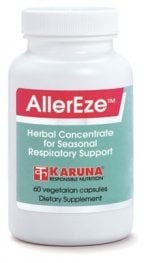
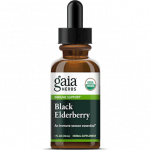
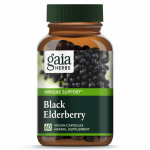
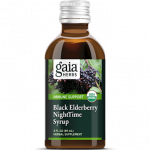
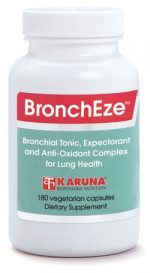


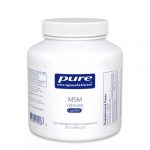
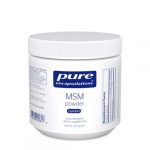
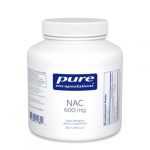




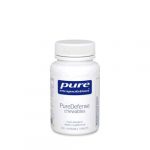
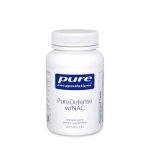
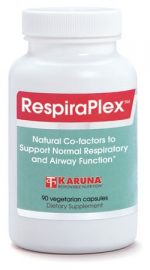
This site is protected by reCAPTCHA and the Google Privacy Policy and Terms of Service apply.